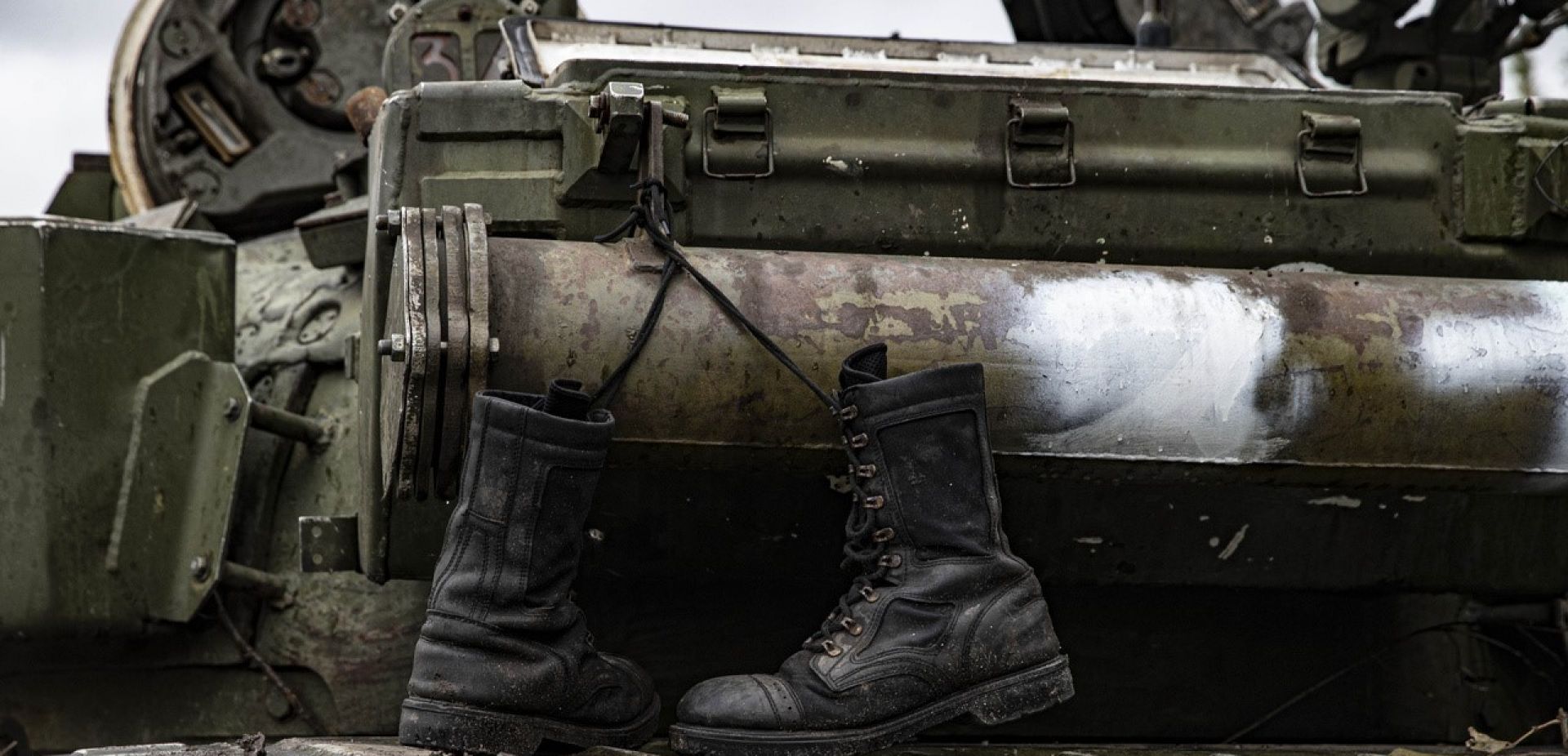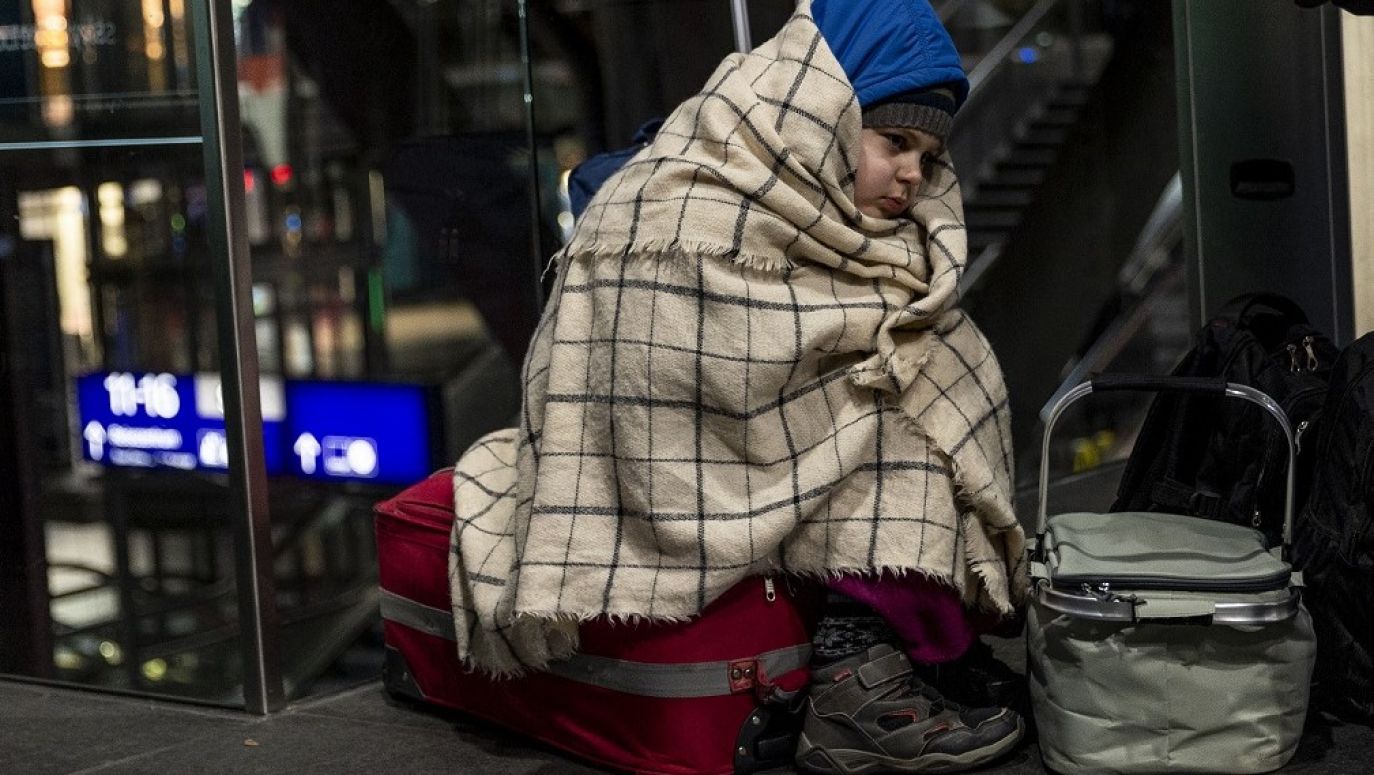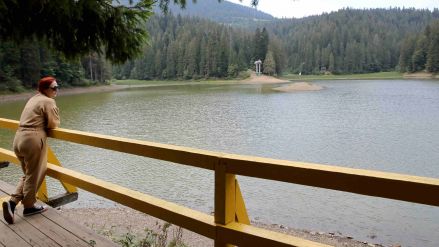Despite contemporary conventional wisdom, Fukuyama in 1989 was not concerned that along with the looming bankruptcy of communist ideology and the fall of the Soviet Union, the world was on the rink of entering an era of general happiness. But he maintained that the self-consciousness of humanity had reached its limits. This meant that although there would still be conflicts in the world, the prevailing political and social order was recognised.
 SIGN UP TO OUR PAGE
SIGN UP TO OUR PAGE 
The model for this according to Fukuyama was Western liberal democracy. In the name of the French revolutionary ideals of liberty, equality and fraternity, the age-old division between master and slave had been eliminated. The “end of history” in this case, meant that together with the satisfaction of basic needs, it would mean a transition from historical existence (fight) to biological existence (consumption).
The lack of an alternative to Western liberal democracy started at the beginning of the 1990s in the countries of the Eastern bloc. It was no different in Russia. Those who in Russian politics contested the Fukuyama paradigm, were in the anti-Yeltsin opposition. They were the representatives of “big power patriotism” and other shades of nationalism.
Yeltsin left the experiment with liberal democracy, the screws were tightened under the presidency of Vladimir Putin. At this point it could appear that Russia had entered on its own specific “end of history” that differed from the Fukuyama model.
In this case, it would have to have overcome those centrifugal forces in the first decade after the fall of communism and the crash of the USSR. But also in the wider time perspective. The “end of history” in this sense would mean the dialectic resolution of the drama that was Russian history. To be part of the self-consciousness of the Russian society it would have to have meant an agreement between czarism and the dictatorship of the proletariat, Europe and Asia, traditional Moscow orthodoxy and modern secularism, etc., etc.


 SIGN UP TO OUR PAGE
SIGN UP TO OUR PAGE 





